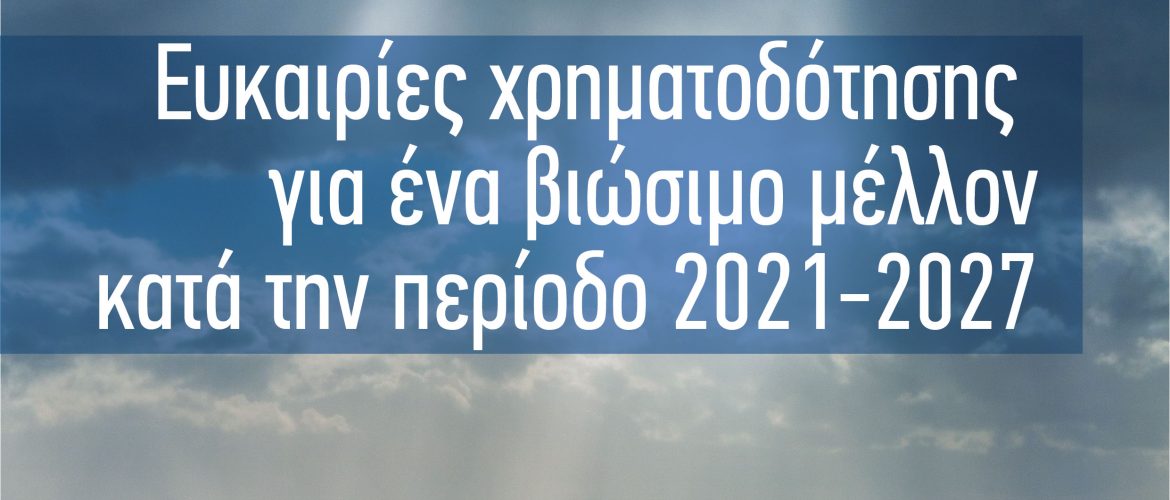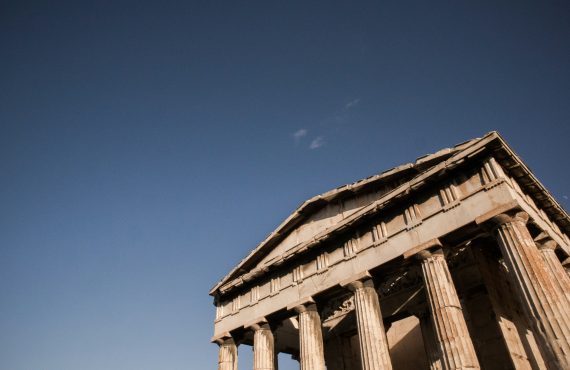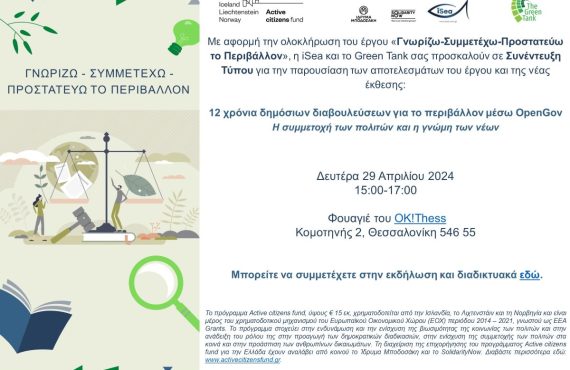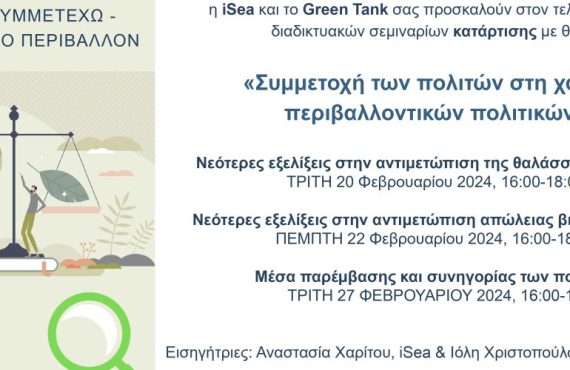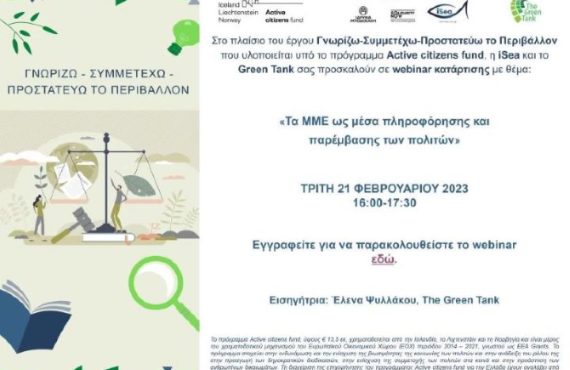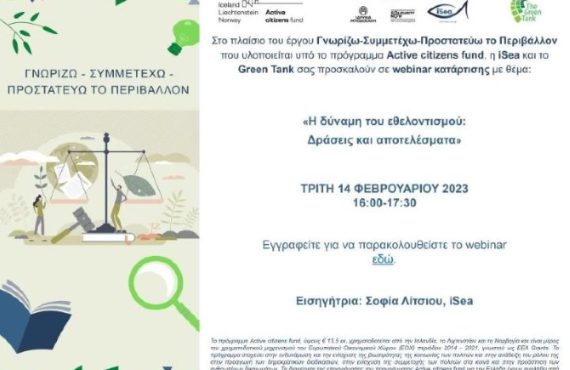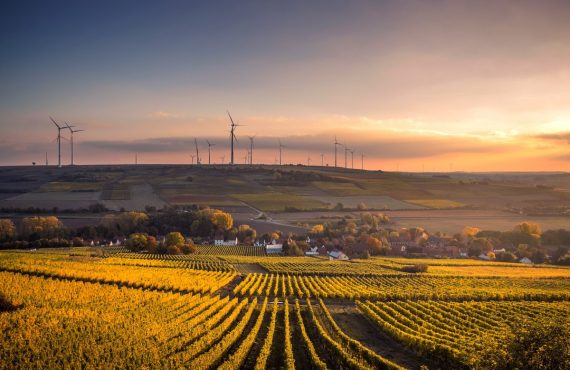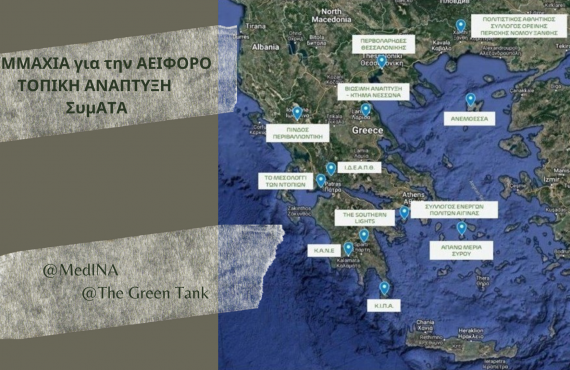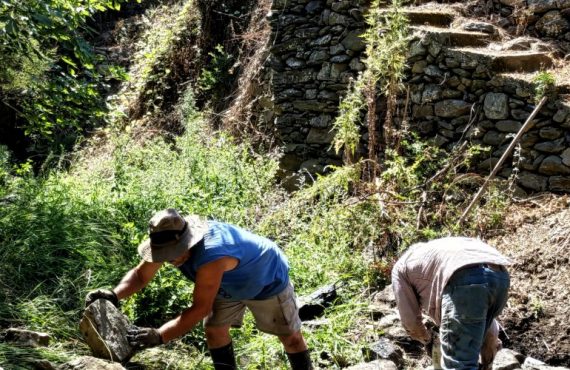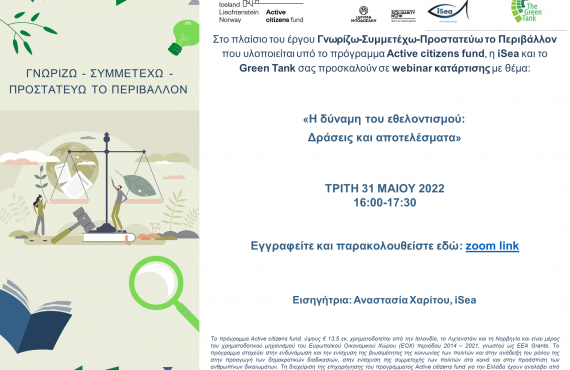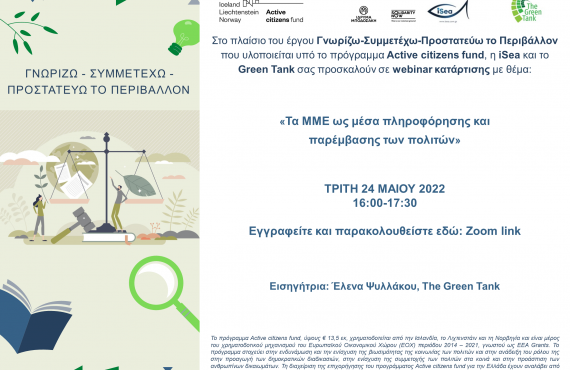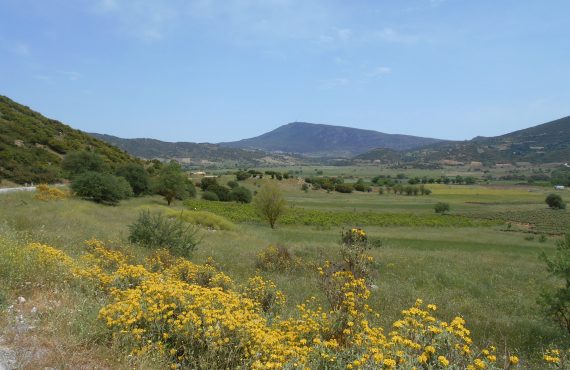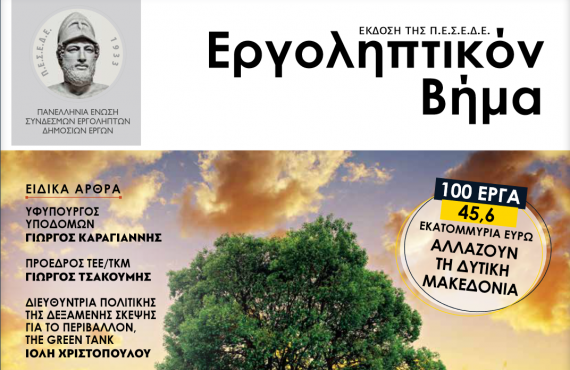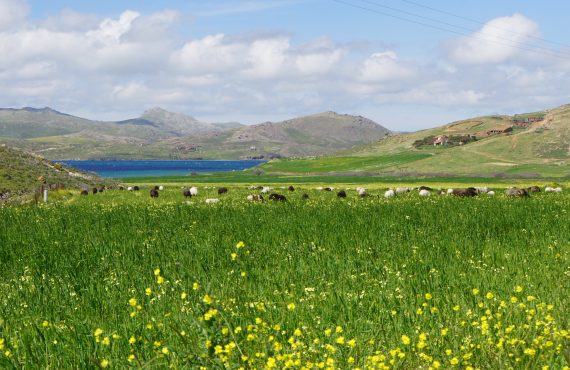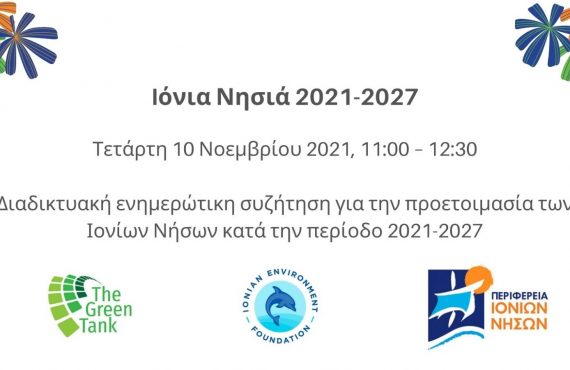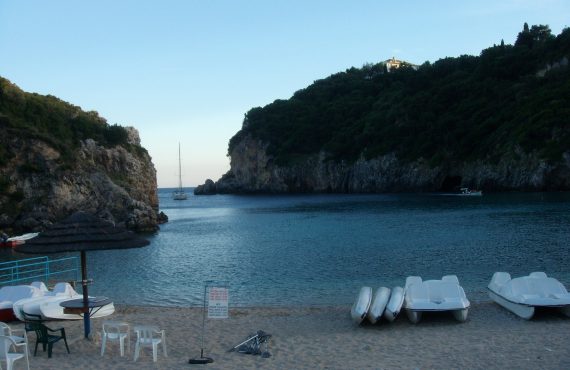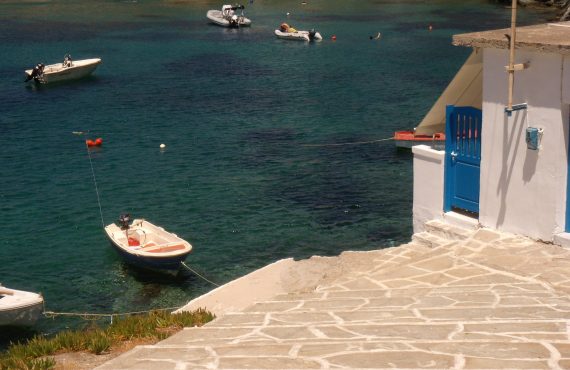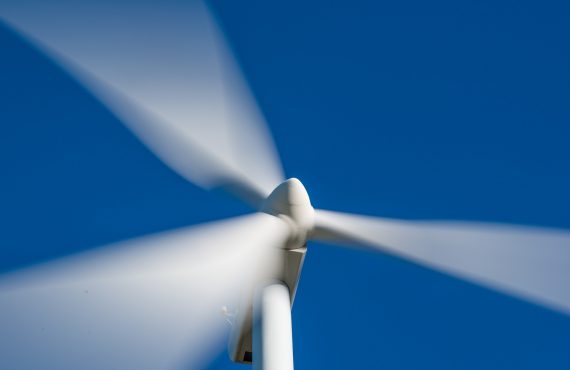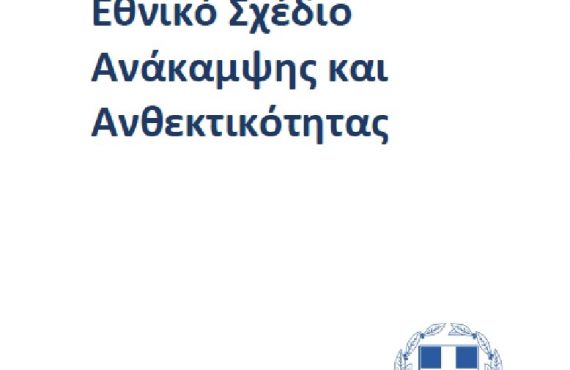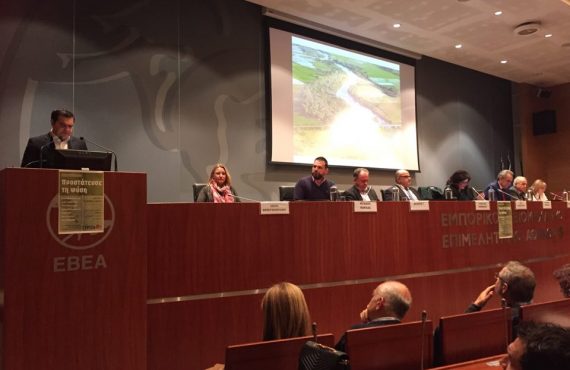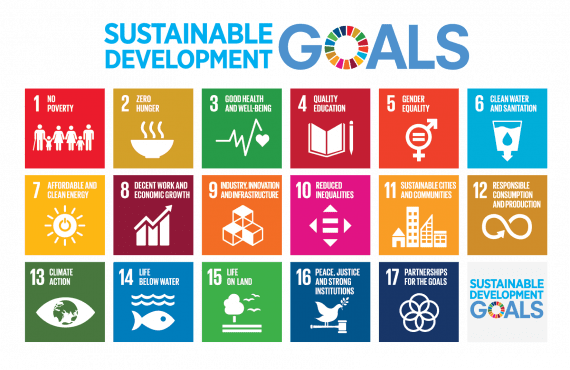The Green Tank’s new report identifies the European funding sources that Greece and its regions will have available for the green transformation of key sectors of the economy and the transition to a sustainable future during the 2021-2027 period.
During the next years, Greece will have an unprecedented level of EU resources available. This situation marks a rare opportunity for the country. Used properly, it can act as a catalyst for change in strategy and development perspective, in line with the provisions of the European Green Agreement.
Aiming to contribute to this direction, the Green Tank’s new report “Financing opportunities for a sustainable future during the 2021-2027 period” presents the main provisions of the EU’s multiannual financial framework (MFF) for the 2021-2027 period, focusing on the financing opportunities that will support Greece’s transition to a sustainable future.
In particular, the report identifies the main funding sources, that is, the main European funds which are evaluated as the most appropriate for the country and presents their main provision. The review of the main funding sources is split in four parts. The reviews begins with the Cohesion Funds and the Just Transition Fund, followed by the funds of the Common Agriculture and Fisheries Policies. It continues with the Recovery and Resilience Fund before conclusing with the presentation of additional funding sources, including the competitive LIFE and Horizon Europe Programme, the Connecting Europe Factility and the guarantee mechanism InvestEU.
From the review of the main European funding sources it becomes clear that a big part of the sources that Greece and its regions will have available can be used to finance actions that combine the attainment of the EU’s environmental and climate targets with sustainable development. The report presents also the prospects for a green transformation of selected sectors of the economy, with actions and interventions that could be financed by the available funding sources. These are the sectors of energy, tourism, the primary production, that is agriculture and fisheries, while also highlighting the prospects to safeguard Greece’s natural environment and rich biodiversity.
While the approach is sectoral it affects and is affected by the planning at the regional level, as these sectors are found across the country, even at varied intensity.
The selection of the most appropriate actions to make use of the funding opportunities depends on the planning at both national and regional levels and coordinating seemingly distinct processes. In this regard, on many occasions the report highlights the need to ensure the partnership principle, with the participation of local and regional governments, as well as socio-economic stakeholders and civil society organizations and especially environmental actors.
Notes:
You can read the whole report (in Greek): “Financing opportunities for a sustainable future during the 2021-2027 period”
The report is a deliverable of the project “EU financing for a sustainable future” which is co-financed by the Cyclades Preservation Fund, the Ionian Environment Foundation and the Captain Vassilis and Carmen Constantakopoulos Foundation.




